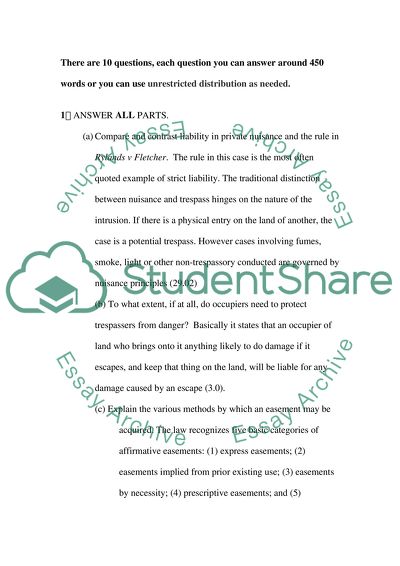Cite this document
(“Introduction To Property Law Essay Example | Topics and Well Written Essays - 4500 words”, n.d.)
Retrieved from https://studentshare.org/environmental-studies/1420375-introduction-to-property-law
Retrieved from https://studentshare.org/environmental-studies/1420375-introduction-to-property-law
(Introduction To Property Law Essay Example | Topics and Well Written Essays - 4500 Words)
https://studentshare.org/environmental-studies/1420375-introduction-to-property-law.
https://studentshare.org/environmental-studies/1420375-introduction-to-property-law.
“Introduction To Property Law Essay Example | Topics and Well Written Essays - 4500 Words”, n.d. https://studentshare.org/environmental-studies/1420375-introduction-to-property-law.


